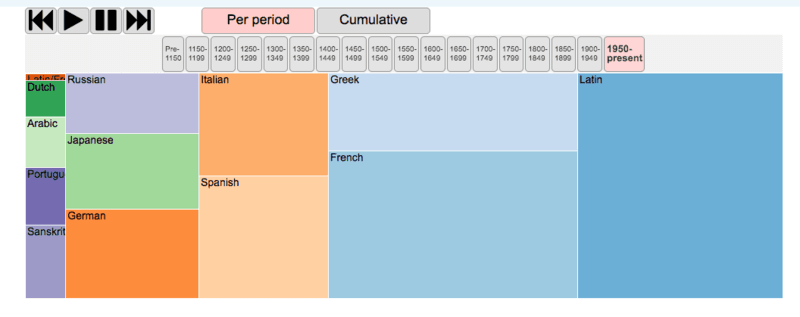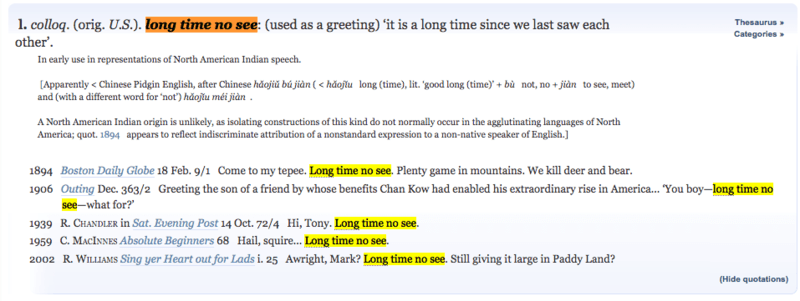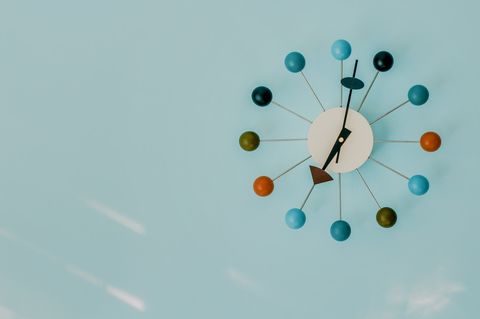While you’re picking up new words from our awesome app, has this thought ever crossed your mind? “Where do these words come from?”
Well, as you may already know, there is a significant amount of loanwords in English from other languages, and, of course, vice versa. A loanword is a word borrowed from other languages, and like you might have noticed already, they might sound or look similar to their language of origin.
So, let’s see if you can guess the origins of the words below (without Googling, that is ;)):

Before giving you the answer, I’d like to share an interesting article, where the words above are from, with a great graph that I came across on the Oxford Dictionaries’ Blog. The graph in the article shows you how and which languages influence English at various periods of time, from 1150 AD till present!

At last, here’s the answer:
tsunami - Japanese oxygen - French guitar - Spanish sky - Scandinavian
Did you get all of them right? Do you know any other words or phrases in English borrowed from your mother tongue (or the other way around)? Share with us on Twitter! 😄
How about the phrase “Long time, no see”? In Mandarin and Cantonese there are two similar sayings: 好久不见 (Mandarin) and 好耐冇见 (Cantonese), both literally mean “Long time, no see.”

As you can see, many, including myself and the Oxford English Dictionary, believe that the phrase “long time no see” is a “loan phrase”, originated from pidgin English spoken by early Chinese American immigrants. Yet to answer whether it comes from Mandarin or Cantonese, we will have to look into the backgrounds of these two languages.
Mandarin, though now widely spoken in both southern and northern China, is generally considered a northern dialect, whilst Cantonese is more of a southern dialect. Since both Mandarin and Cantonese can be traced back to centuries ago, and share some common linguistic features, it would be hard to pinpoint which language the phrase from.
In fact, my personal favourite wiki, Wikipedia, lists both Mandarin and Cantonese!
Having said all that, the podcast Code Switch of NPR offers another explanation that it could be from Native Americans. However, their conclusion is there’s no clear evidence of its origin.
Have you discovered other stories behind the phrase (or other phrases and expressions)? Let us know on Twitter! 🙂



